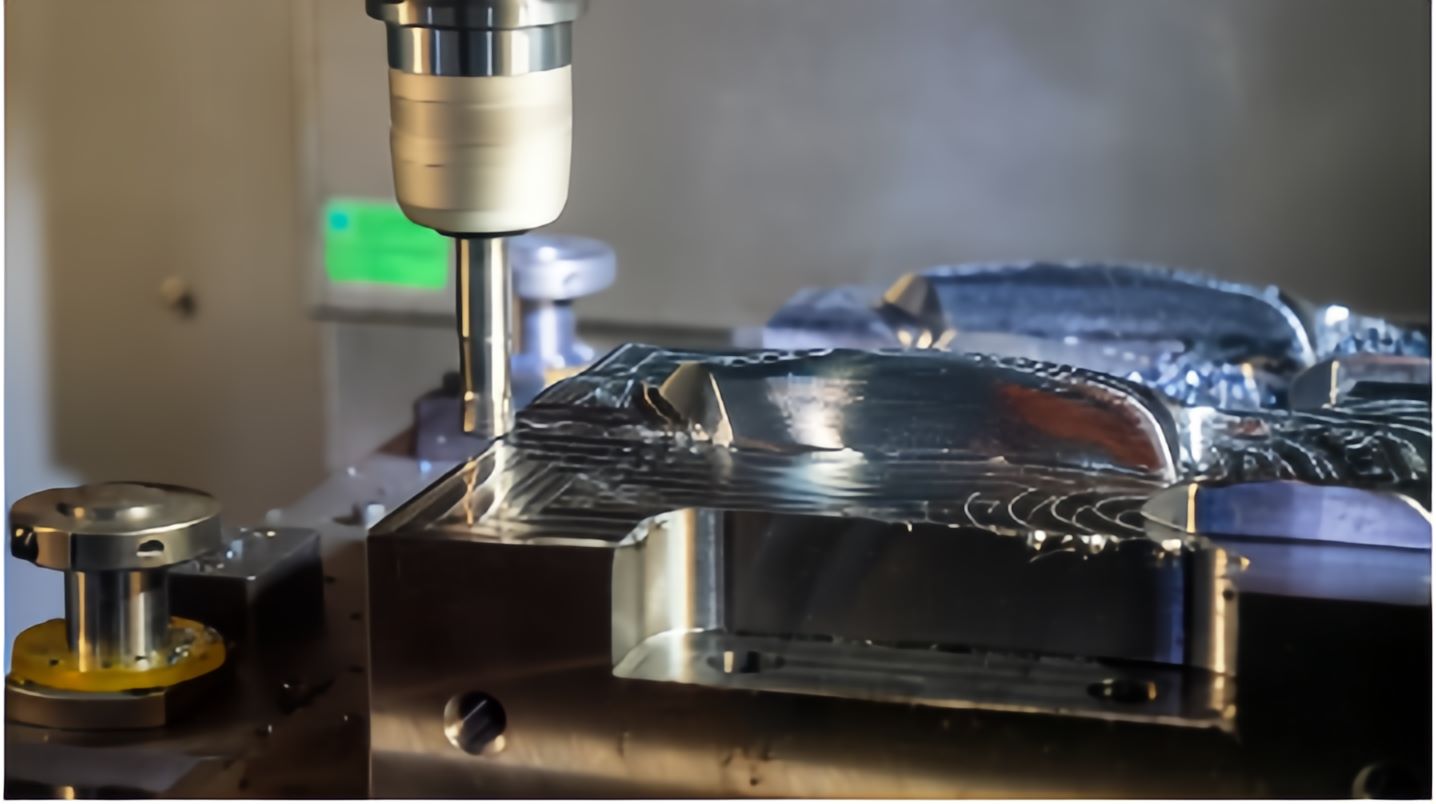Search
CNC machining (Computer Numerical Control) is a highly versatile and precise manufacturing process used across various industries, from automotive to aerospace. While it offers incredible accuracy and efficiency, CNC machining also comes with its own set of challenges that manufacturers must address to ensure the production of high-quality parts. In this blog, we’ll highlight some of the most common difficulties faced in CNC machining.

1. Maintaining Tight Tolerances
One of the most significant challenges in CNC machining is maintaining tight tolerances. Even slight variations in machine calibration, tool wear, or environmental conditions can cause dimensional inaccuracies in parts. Achieving precise results consistently is crucial for industries that require high-quality, fit-for-purpose components.
Solution: Regular machine calibration and monitoring of tool wear, along with the use of high-precision CNC machines, can help minimize tolerance issues.
2. Tool Wear and Maintenance
Cutting tools in CNC machining experience wear over time, especially when working with hard materials. Tool wear can result in poor surface finishes, dimensional inconsistencies, and reduced machining efficiency.
Solution: Implementing predictive maintenance and monitoring tools to track tool condition and replacing worn-out tools as necessary can help mitigate these problems.
3. Complex Part Geometries
CNC machining is capable of producing intricate designs, but programming complex geometries, especially with multi-axis machines, can be challenging. Incorrect tool paths or miscalculations can lead to scrap parts and costly delays.
Solution: Using advanced CAD/CAM software and skilled programmers to create and verify tool paths before machining ensures that complex geometries are processed correctly.

4. Material Selection
Different materials present unique machining challenges due to their hardness, thermal properties, and machinability. Choosing the wrong material for a specific part can lead to difficulties in achieving the desired results, especially with high-precision requirements.
Solution: Understanding material properties and selecting the right material for the job ensures smoother machining operations and minimizes errors.
5. Heat Management and Thermal Expansion
The high-speed cutting process generates significant heat, which can cause both the workpiece and the CNC machine to expand. This thermal expansion can lead to dimensional inaccuracies, especially for high-precision parts.
Solution: Effective cooling techniques, such as high-pressure coolant systems, can help dissipate heat and maintain accuracy during the machining process.
Conclusion
While CNC machining is an essential tool in modern manufacturing, it’s not without its challenges. From maintaining tight tolerances to managing complex geometries and material properties, overcoming these difficulties requires the right combination of technology, skilled operators, and careful planning. By addressing these challenges head-on, manufacturers can improve their machining processes and deliver high-quality, precision parts.
At LEADMAKE, we specialize in overcoming CNC machining challenges and delivering top-quality solutions for your manufacturing needs. Reach out to us for expert advice or project support!